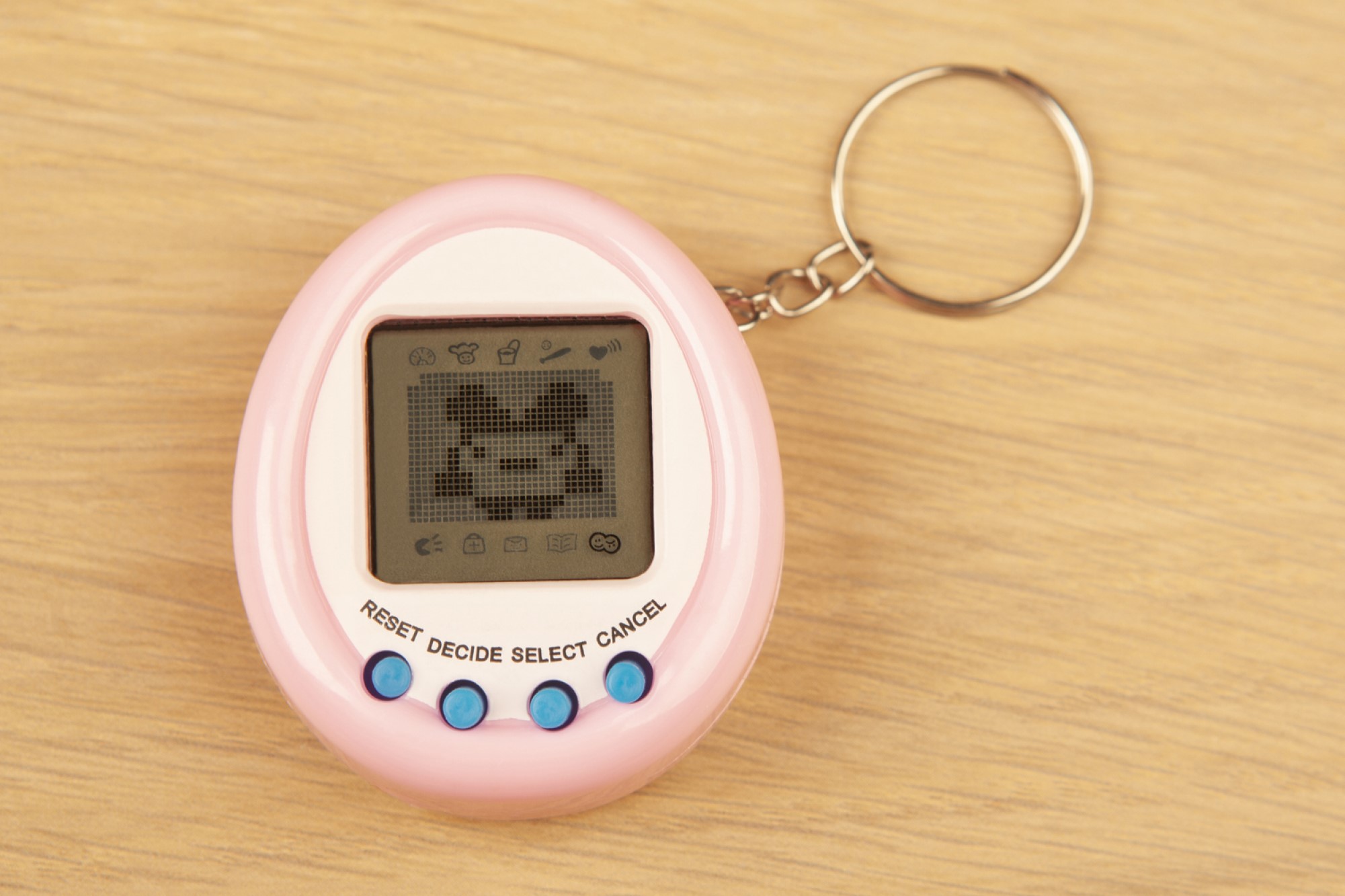Debunking the Marshmallow Myth: Rationality in Scarcity
On May 25th, researchers published findings that altered our understanding of a classic psychological study, the marshmallow test. In the famous test, young children are offered a marshmallow now, or two marshmallows later. Then, researchers follow up with the children, and supposedly those that delayed gratification for more marshmallows did better in terms of standardized tests and other measures of success.
In the more recent study, this correlation is challenged and a more nuanced analysis is suggested. Children were tested from a wider spectrum of backgrounds and holding out for a second marshmallow is behavior that may be shaped in large part by a child’s social and economic background—and, in turn, that it is this background, not the ability to delay gratification, that explains the future success. In short, “self-control alone couldn’t overcome economic and social disadvantages.”
The discussion around the marshmallow test thus points us towards issues in the rationality involved in the economic behavior of poor and non-poor households. What socialization are the children of these different households exposed to that would explain the delayed gratification? Often these behaviors are judged evaluatively, in terms of quality and rationality; those who do not delay gratification are taken to exhibit poor reasoning skills, too great a tendency for indulgence, and sometimes a culpably low amount of self-control. With value judgments like this, the stigmatization of the behaviors that tend to correlate with decisions in scarcity is hardly surprising.
While the marshmallow test attempts to isolate self-control or willpower, it glosses over the rationality that may be involved in taking advantage of resources while they are available now. When someone is socialized in scarcity, delaying when they receive resources may not be the best strategy. Bills and unexpected expenses may arise and if you aren’t living with a safety net or comfortable savings, abstaining from getting $1,000 now in order to receive $2,000 later could end up being quite costly.
Poorer people elect to use more expensive banking options, for instance choosing to get checks cashed for a fee that could be avoided at a bank. This behavior could be seen as irrational if larger context or aims are elided: why would someone cash a $5,000 check for a 1.95% fee instead of depositing it in a bank where they could access it at their leisure? That is a loss of $97.50. Another patron of a cash-for-checks store comes to “get cash in small denominations and pays a hefty fee for it—despite the fact that there are ATMs in the neighborhood that would charge less, or nothing at all.”
When considering cases like these, it may be tempting to evaluate the reasoning in terms of managing their money long-term: why aren’t they maximizing their income? It can seem like they don’t understand the costs of using the high-fee services of the cash-checking establishments, which disproportionately serve lower socioeconomic populations. However, there are life goals and conditions that constrain the means they have to maximize their income. Reasons to accept the high percentage fee to cash a check include a need for expediency; for instance, a contractor that needs to distribute paychecks by a particular day in order to retain their workers, who have a strong preference or need for cash. Banks may take days to process checks and time may not be a luxury that some individuals have.
Framing success in terms of “self-control” and the rationality of decisions invites value judgments of the often different choices made by the poor and non-poor. Instead, we can see the financial exclusion from the less expensive banking options in the cases mentioned above and the impact that the origin socioeconomic status has on future success.





